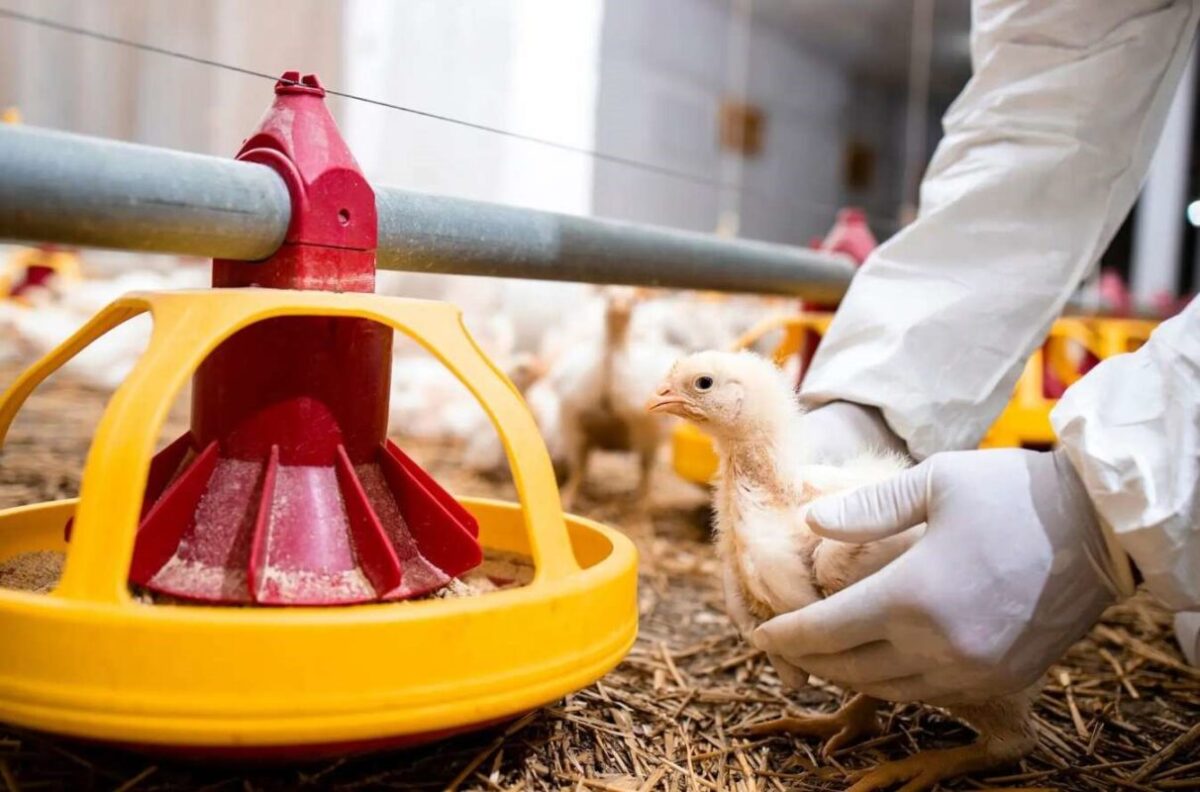How to Prevent and Treat Coccidiosis in Your Poultry Flock

Coccidiosis is one of the most regularly occurring and economically significant diseases affecting hens all around. It is caused by protozoan parasites of the genus Eimeria; they attack the intestinal lining of chickens and other poultry species. In young birds especially, untreated coccidiosis can cause severe health issues including weight loss, poor feed efficiency, and even mortality. Maintaining a good and effective chicken flock calls for understanding on how to avoid and treat coccidiosis.
Table of Contents
ToggleUnderstanding Coccidiosis and Its Impact
Mostly affecting the intestines, coccidiosis in poultry causes inflammation and gut lining damage. Both clinically and sub clinically the disease presents itself. While subclinical coccidiosis may show with less clear symptoms, such poor growth rates and reduced productivity, clinical coccidiosis is defined by evident symptoms including bloody diarrhoea, lethargy, and reduced feed intake.
Highly host-specific Eimeria species cause coccidiosis; so, the parasites harming chickens usually afflict other animals not usually. Among the most often occurring species harming poultry are Eimeria tenella, Eimeria maxima, and Eimeria acervulina. Because these parasites flourish in warm, moist surroundings, chicken houses with inadequate ventilation, wet litter, and overcrowding are perfect breeding locations.
Prevention Strategies
Stopping coccidiosis in your chicken flock is less expensive and more sensible than handling an outbreak. These are some main techniques to reduce the coccidial risk:
- Maintain Good Biosecurity: The first line of protection against coccidiosis is rigorous biosecurity policies. This includes isolating young or sick birds from the rest of the flock, cleaning tools and shoes, and limiting access to the chicken house. By means of regular cleaning and disinfection of the chicken coop, oocysts—the infective stage of Eimeria—help to be minimised.
- Manage Litter and Moisture: A key risk factor for coccidiosis, damp litter provides the ideal habitat for oocysts to sporinate and disseminate illness. Check the poultry house for ventilation and make sure the litter is dry and clean. Frequent cleaning of wet areas and changing unclean bedding helps to reduce the likelihood of an epidemic.
- Use Coccidiostats in Feed: Including coccidiostats in chicken feed is a common preventive measure. These medications block Eimeria oocysts from forming and assist in controlling the parasite count. One should follow suggested dosages and rotate multiple coccidiostats in order to prevent the development of drug-resistant Eimeria.
- Vaccination: Under development are vaccines against coccidiosis; particularly in commercial operations, they can be a helpful preventative measure. Live oocysts of less pathogenic Eimeria species used in vaccines boost immunity without producing significant illness. This method is particularly helpful in integrated poultry systems where long-term prevention takes the front stage.
- Minimize Stress: Stress lowers the immune system, so birds are more prone to get coccidiosis. Reduce stressors including poor nutrition, crowded living quarters, and abrupt temperature swings. Offering a balanced meal high in minerals and vitamins can also help the birds’ immune system fight diseases.
Coccidiosis Treatment Options
Despite the best of prevention measures, coccidiosis outbreaks can still occur. Early detection and quick coccidiosis treatment will help to minimise losses and maintain flock health.
- Anticoccidial Drugs: Usually given during an outbreak, anticoccidional medicines are used either in feed or water. Aiming at several phases of the Eimeria life cycle, these medications help to limit disease spread and lessen its severity. Among usually used anticoccidials include toltrazuril, sulfonamides, and amprolium. Using recommended dosages and withdrawal periods guarantees the meat and egg safety from treated animals.
- Supportive Care: Apart from anticoccidional medications, sick birds need supportive therapy. This includes making sure the birds have easily digestible, nutrient-dense food to help in recovery and pure, fresh water access. Addition of electrolyte solutions to the water can help to prevent dehydration and enhance general health.
- Natural Remedies: To help their birds heal, some chicken growers choose natural remedies and nutrients. Herbs such oregano, thyme, and garlic are said to provide anticoccidial effects and should be taken alongside traditional remedies. Though these treatments could have some advantages, they should not take place in place of accepted medical advice particularly during a major epidemic.
- Monitoring and Follow-Up: Watch the flock closely for any indications of recurrence. Maintaining clean, dry litter and keeping rigorous biosecurity policies in place help also prevent re-infection. Frequent faecal testing guarantees that the coccidiosis is completely under control and helps ascertain the efficacy of the treatment.
While early treatment and suitable preventative care help to reduce coccidiosis in poultry, a main concern to chicken health is still relatedness. Maintaining a clean environment, using coccidiostats, and ensuring appropriate vaccination constitute three main elements towards illness prevention.
Early therapy with anticoccidial drugs and supportive care will help guard your flock and assure continuous production should an outbreak arise. Alert and aggressive chicken growers can help to maintain strong, robust flocks and prevent coccidiosis.
Published by Carol Jones
My aim is to offer unique, useful, high-quality articles that our readers will love. Whether it is the latest trends, fashion, lifestyle, beauty , technology I offer it all View more posts







